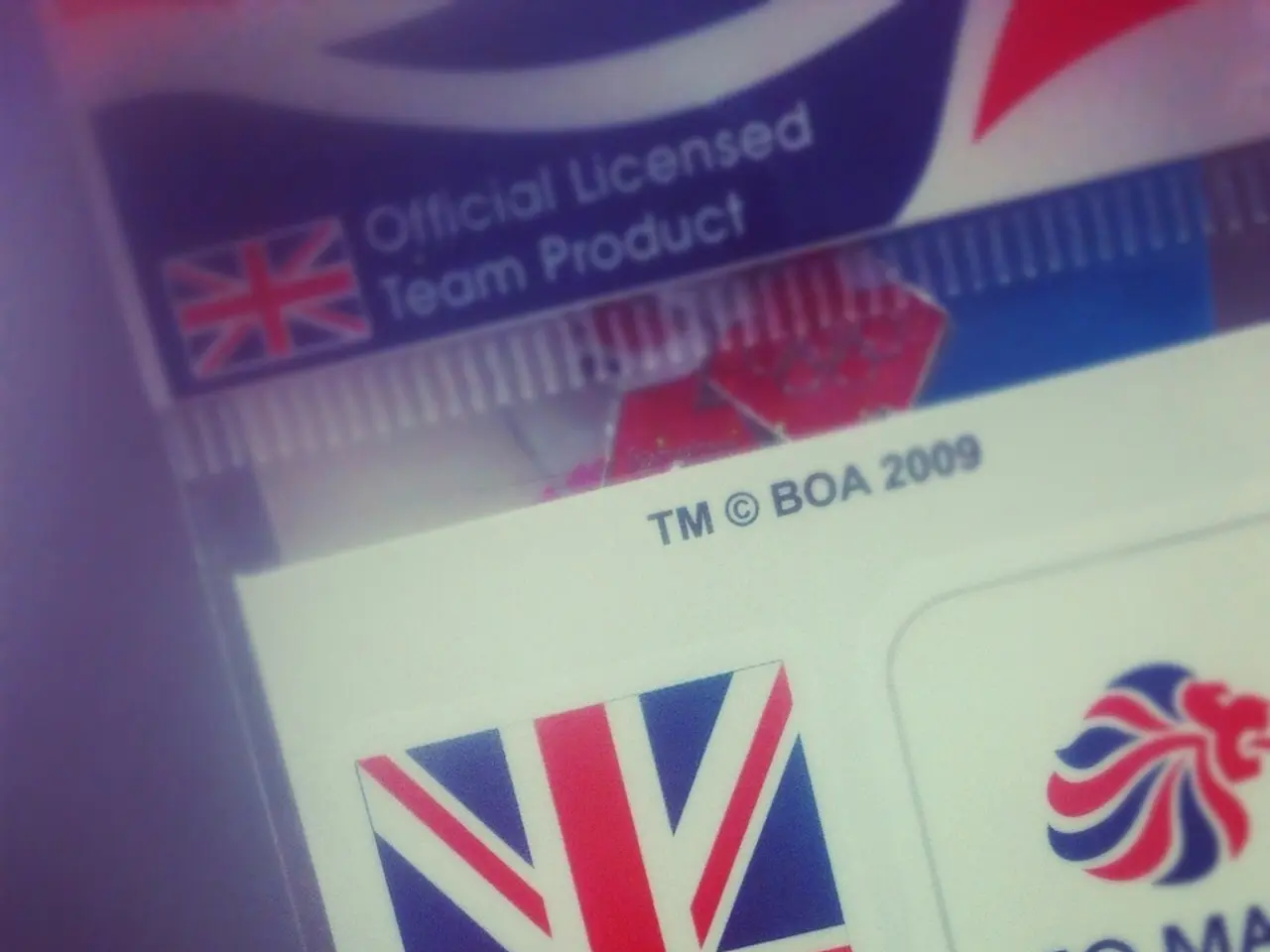Browser giant Chrome strengthens its dominance as Edge struggles, leaving doubt about whether Microsoft's ambitious Copilot AI plans can revive the browser.
In the ever-evolving world of web browsers, one name stands out: Google Chrome. With a market share of 69.98%, Chrome is moving closer to a 70% dominance, according to recent data. This growth has been partly fueled by the losses experienced by Safari, Firefox, and Microsoft Edge.
Microsoft Edge, however, has been struggling to keep pace. The browser has lost 1.26% of its market share, dropping to 11.8%. This decline can be attributed to several factors.
Firstly, the overwhelming dominance of Google Chrome, which holds a substantial majority of browser market share globally, presents a formidable challenge for Edge. Secondly, user preference trends favour browsers with strong privacy features and ecosystem integration, such as Safari's growth due to privacy and device integration improvements.
The increasing fragmentation of browser choices with specialized options like Brave, Vivaldi, and DuckDuckGo also poses a threat. Despite Edge’s technical improvements, including significant reductions in browser loading times and enhancements through an update to WebUI 2.0 migration, the impact on reversing the browser’s overall market position is tempered by entrenched user habits and the broad appeal of alternatives.
However, Microsoft is not resting on its laurels. The company is considering AI as a tactic to get traction for Edge, with the introduction of Copilot in Edge. Copilot offers voice commands and the ability to skip to certain sections of YouTube videos. It also promises agentic AI abilities, allowing it to book things within the browser.
Microsoft has also made changes in Europe due to regulatory pressures, no longer automatically opening web links in Edge. In Windows 11, web links now open in the selected default browser, not just Edge.
Despite these efforts, Microsoft Edge's fluctuating performance in challenging Google Chrome's dominance has been perceived as excessive by some. The constant promotion of Edge within Windows has been a point of contention.
To improve its market position, Microsoft is focusing on several strategies. These include leveraging AI innovations, emphasizing privacy enhances, optimizing performance further, improving ecosystem synergy, and expanding marketing and adoption channels, particularly on mobile and cross-device usage where Edge is less dominant.
While the success of Google Chrome may not be solely attributed to its new feature, Copilot, it is clear that Microsoft Edge has its work cut out to remain competitive in the browser market. The future of Edge will depend on its ability to adapt to changing user preferences and leverage its unique features to attract and retain users.
Computing advancements and technology innovations continue to influence the browser market, as Microsoft Edge intends to utilize AI, such as Copilot, to enhance user experience and challenge Google Chrome's dominance. User preferences, particularly concerning privacy and ecosystem integration, will significantly impact Edge's ability to attract and retain market share.




